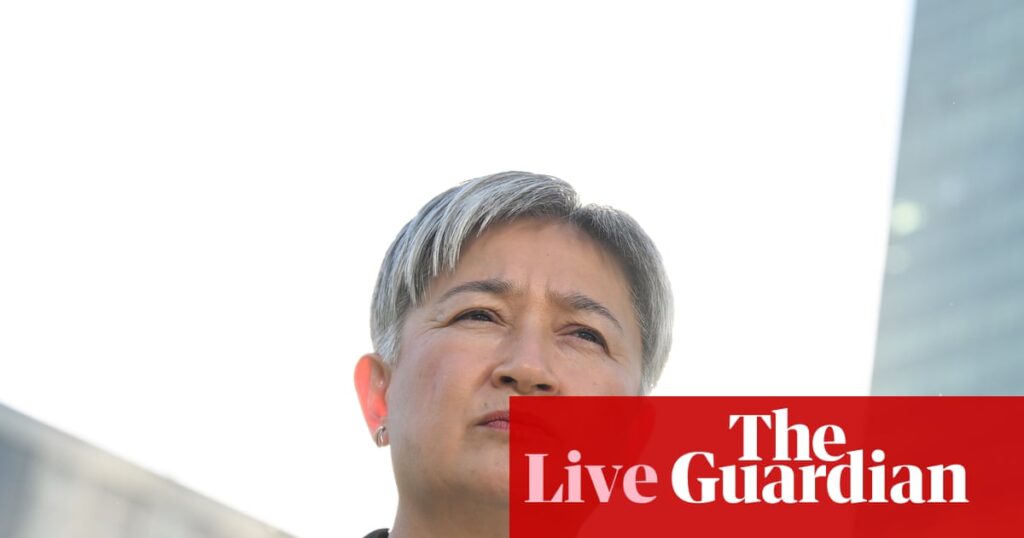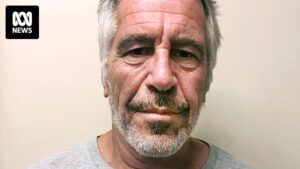
Australia’s creative industries have made a significant impact on the national economy, contributing $67.4 billion during the 2023/2024 financial year, according to newly released government data. This marks a 6.6% increase from the previous year, surpassing the overall nominal GDP growth of 4.1%. The creative sector now accounts for 2.5% of Australia’s GDP, equating it with the rental, hiring, and real estate industries.
The announcement comes as the Australian government continues to emphasize the importance of cultural and creative industries under Labor’s Revive national cultural policy. Arts Minister Tony Burke highlighted the sector’s growth, stating, “There’s always room for growth, and our government is continuing to make targeted investments to ensure our creative economy continues to thrive.”
Key Drivers of Growth in Creative Industries
The report by the Bureau of Communications, Arts and Regional Research identifies advertising and promotion, print media and publishing, film and television production, and architectural services as the main drivers of growth. These industries are expected to guide future government support and investment strategies.
This development follows a broader trend of recognizing the economic significance of creative industries globally. As countries pivot towards knowledge-based economies, the arts and cultural sectors are increasingly seen as vital components of economic strategy.
Australia’s Climate Action on the Global Stage
Meanwhile, Prime Minister Anthony Albanese attended a special climate action event in New York, hosted by UN Secretary-General António Guterres. The event, co-hosted by Brazilian President Luiz Inácio Lula da Silva, precedes Brazil’s hosting of the COP30 summit in November. Albanese showcased Australia’s ambitious national emissions targets and climate policies, emphasizing the economic opportunities in transitioning to net zero.
“This is the decisive decade for acting on the environmental challenge of climate change – and seizing the economic opportunities of clean energy,” Albanese stated.
The Prime Minister underscored the urgency of climate action, noting the tangible impacts of climate change on Australia through natural disasters. He urged global cooperation to mitigate these effects and capitalize on the economic benefits of a sustainable future.
EU Inspired by Australia’s Social Media Ban for Kids
In another significant development, European Commission President Ursula von der Leyen praised Australia’s decision to restrict social media access for children under 16. During a UN event in New York, von der Leyen described the move as “bold” and “inspired,” signaling a potential shift in EU policy.
“You are the first to give this a try. We in the EU will be watching and learning from you as you implement your world-first and world-leading social media ban,” von der Leyen said.
The new legislation, set to take effect in December, raises the minimum age for social media use from 13 to 16. The policy aims to protect children from the addictive nature of social media platforms, which von der Leyen criticized for using manipulative algorithms.
Australia’s Stance on International Issues
Foreign Minister Penny Wong addressed several international issues, including Australia’s differing stance on climate change compared to the Trump administration. On ABC’s 7.30 report, Wong reaffirmed Australia’s commitment to acknowledging and addressing climate change, contrasting with former US President Donald Trump’s dismissal of the issue as a “con job.”
Wong also discussed Australia’s diplomatic actions concerning Iran, following the expulsion of its ambassador over alleged antisemitic attacks directed by the Islamic Revolutionary Guard Corps. She emphasized the importance of direct dialogue in conveying Australia’s stance.
These developments highlight Australia’s proactive role in addressing global challenges, from climate change to online safety, and underscore the nation’s commitment to fostering a robust creative economy.






